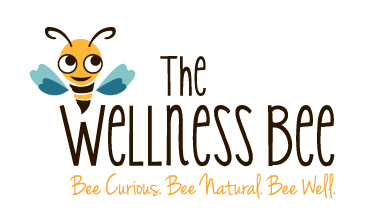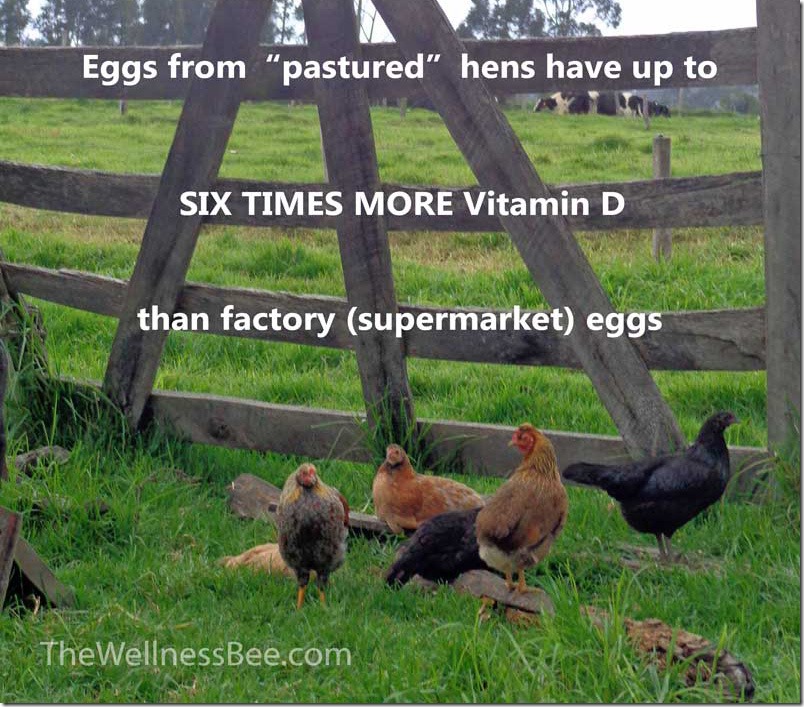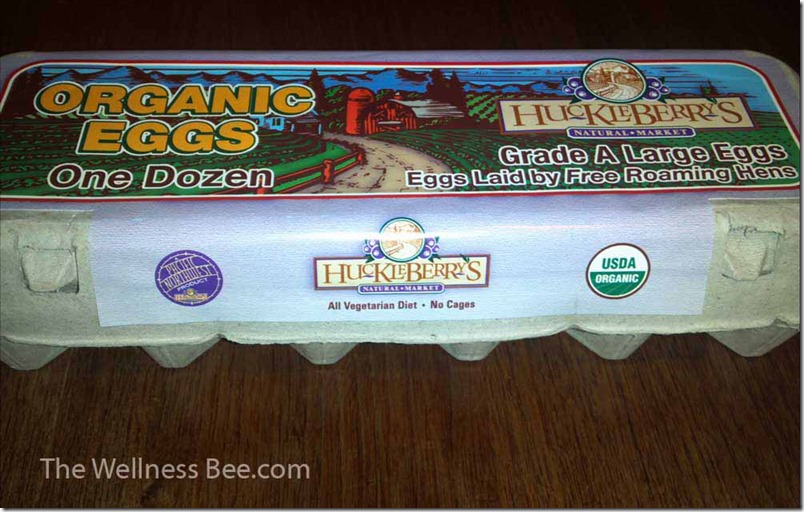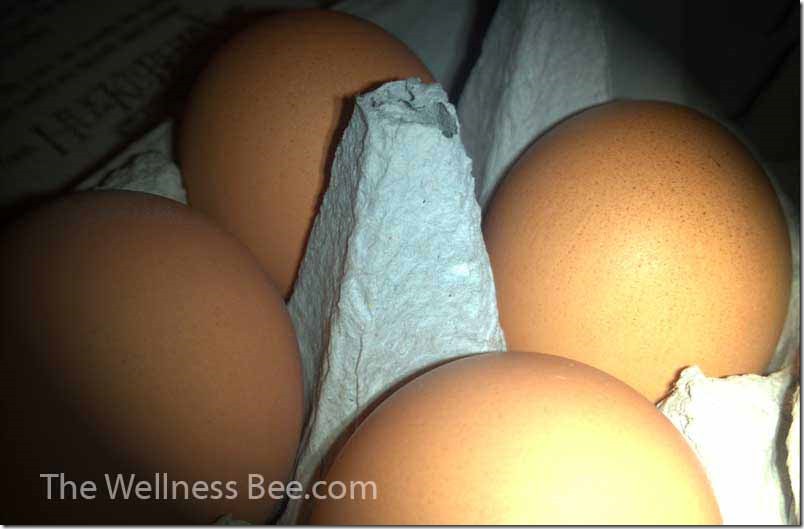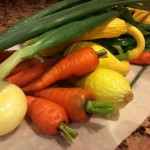Farm Eggs vs. Factory Eggs
Do you buy your eggs from a farm or a factory?
Eggs from hens raised on a pasture have 4 to 6 times as much vitamin D as factory produced eggs, according to a study by Mother Earth News.
The study found that eggs from hens raised on a pasture, compared to factory-produced eggs from hens in cages (commercial suppliers to super markets), contain:
- 1⁄3 LESS cholesterol
- 1⁄4 LESS saturated fat
- 2⁄3 more vitamin A
- 2x more omega-3 fatty acids
- 3x more vitamin E
- 7x more beta carotene
- Up to 6x more vitamin D
“Most of the eggs currently sold in supermarkets are nutritionally inferior to eggs produced by hens raised on pasture,” says Mother Earth News, which also cited similar independent studies dating back to 1974.
In 1988, Artemis Simopoulos, co-author of The Omega Diet, found that eggs from pastured hens in Greece contained 13 times more omega-3s than eggs from U.S. supermarkets. In 1974, a British study found that eggs from pastured hens had 50 percent more folic acid and 70 percent more vitamin B12 than eggs from factory-farmed hens. In 1997, a study in Animal Feed Science and Technology found eggs from free-range chickens had higher levels of both omega-3s and vitamin E than those from hens maintained in cages and fed commercial diets. Most recently, in 2003, Pennsylvania State University researchers reported that birds kept on pasture produced three times more omega-3s in their eggs than birds raised in cages on a commercial diet. They also found twice as much vitamin E and 40 percent more vitamin A in the yolks of the pastured birds.
So how do you find eggs from “pastured” hens? Are they the same as eggs from “free-range” or “cage-free” or “free roaming” hens?
Not necessarily.
The government does not regulate the use of egg-production labels and, as a result, there are plenty of liberties taken when it comes to using to the terms in advertising and packaging. (See “An Open Letter to Trader Joe’s.”)
For instance, “cage-free” can mean the hens are not raised in a cage; however, they are raised in a dark or dimly lit warehouse, on concrete, with no access to the outside.
What about “organic” eggs?
Organic eggs may or may not come from “pastured” hens. Organic, in this case, generally means that the hens are not given antibiotics and are fed organic feed. They are also given “access” to the outdoors. And this is where it becomes a gray area – “access” can mean many things, some of which have absolutely nothing to do with “pasture.”
(Side note: Incidentally Trader Joe’s also earned the lowest rating on Cornucopia Institute’s Organic Egg Scorecard.)
In the United States, “organic” egg production means that the flock may not live in cages and must have access to outdoor areas.[1] Organic egg producers in the United States do not always grant meaningful outdoor access to their organic laying hens; most industrial-scale organic egg producers generally build small wood or concrete porches attached to the henhouses, which passes as outdoor access.
The bottom line is this: You want eggs from hens that roam freely outside in the sun and in the grass…for as long as they want and whenever they want. Why? They need the sun’s vitamin D to produce nutritionally awesome eggs. And they need bugs and worms to produce protein-rich eggs. (So, no, eggs from “vegetarian-fed” hens are not superior to eggs from “pastured” hens either.)
It’s that simple.
So where does one find such nutritionally dense gold nuggets laid by those freedom-loving, sunshine-soaking, protein-pecking hens?
- You can do an online search with any of these key words: “Your City” + “Pasture Eggs” or “Pastured Eggs.”
- You can join a local food co-op or shop at one. For instance, when I am downtown, I shop at Main Market Co-op.
- Of course you can also visit your local Farmers Markets when and if they are in season.
Finally, you can visit these websites / directories and find sources – local or shipped.
Know of any other online sources for fresh farm eggs? Let me know and I’ll be happy to update the list!
ADDITIONAL READING: Why Pasture Eggs Taste Better Than Those From Factory Farms | The Boston Globe (republished on The Cornucopia Institute blog) Egg Carton Labels | The Humane Society of The United States of America